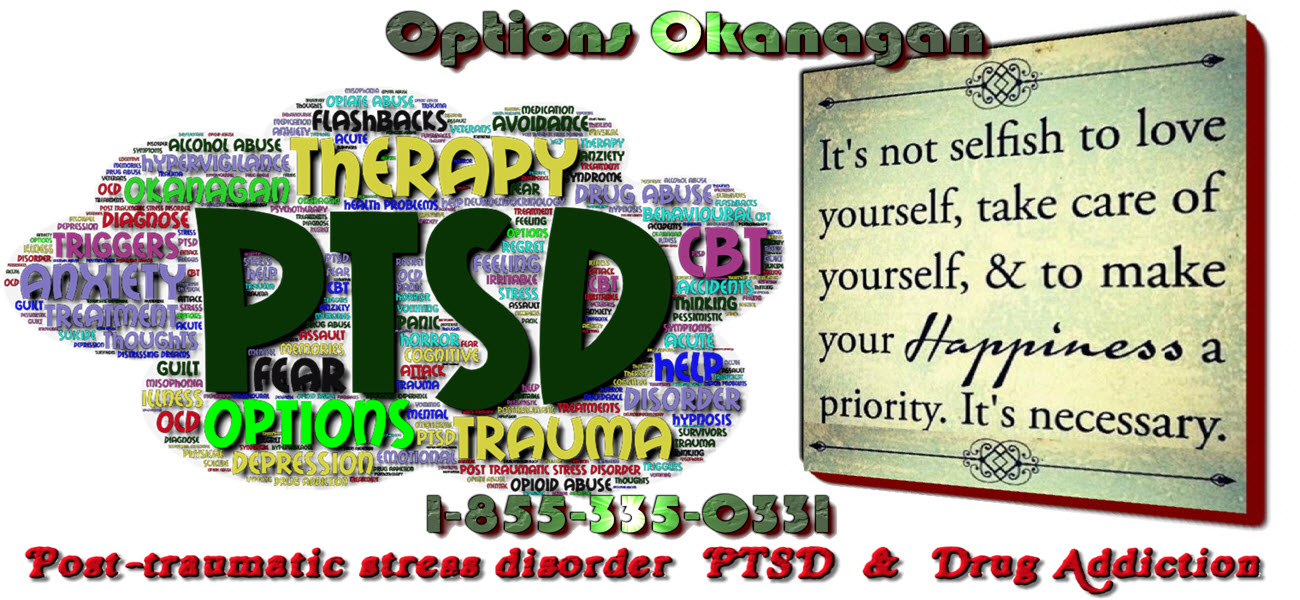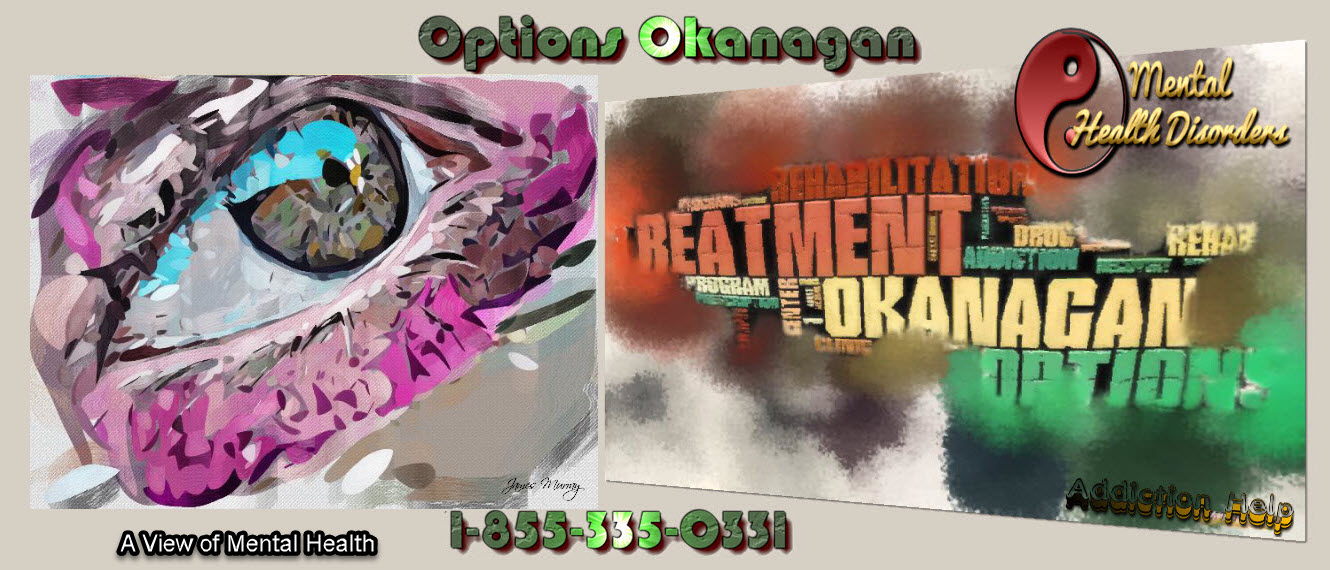Trauma care – Drug Rehabs and Programs for recovering addicts in British Columbia and Alberta – Options Treatment Center in Kelowna, British Columbia treating drug, opioid, opiate, fentanyl, heroin, and alcohol addiction and recovery.
Opioid Rehab In BC and Alberta
Some people with substance disorders also have to deal with severe trauma to maintain their peace of mind. When people come to the Okanagan Option facilities to seek treatment for substance abuse and mental illness, many of them also have some degree of trauma. Some are traumatized in early childhood, while others are traumatized by drug use experiences.
Substance Abuse/Trauma Treatment Centers
Most people with drug use disorders go through traumatic experiences in drug use because they do not act according to their own values in drug abuse. Active addicted people may feel traumatized by hurting themselves or their loved ones or have bad trauma experiences while living the street life or in the prison system. Many addicts who become drug-free and sober are also confronted with their behaviors during their drug abuse and who are very uncomfortable with it.
Options Okanagan helps clients understand their trauma, psychological and physical effects, and how they can interact, so clients can heal and succeed in their short and long-term life.
What is trauma?
Trauma has become a commonly used word. Therefore it is important to have the right definition to understand what doctors mean by trauma.
Trauma is a very disturbing event that floods a person’s mind, body, and soul so that they cannot understand it. When an individual experiences trauma, the primitive part of the brain called the amygdala which controls emotions, memory, and survival instincts, becomes extremely overactive.
It is like an antenna that is always going up and the brain is constantly looking for and feeling threats. This can put people in the cycle of anxiousness, extreme worrying, fears, and vulnerabilities that are characteristic of PTSD.
The reaction makes sense for people who are under constant threat, for example, people who live in war zones. For people who have experienced a traumatic event and are now living a generally calm, safe life, but this obstacle is keeping them on the edge of breaking down. They concentrate less on the future and avoid certain scenarios because of their trauma.
The part of an individual’s brain searching for danger does not make very good decisions. The purpose of this section is to keep a person alive so that they might not be able to focus on other things. It is like asking soldiers in battles to make retirement decisions when they are just trying to remain alive.
How is trauma treated?
While living with trauma or PTSD can be very stressful, there are several ways to effectively treat traumas, including cognitive-behavioral therapy (CBT), eye desensitization and reprocessing (EMDR), and other approaches. The goal of each treatment is to process traumatic memory so that it can be handled.
People who experience trauma must go through all these traumatic events to order the brain to calm down. There is a lot to think about. The body often tries to overcome trauma through nightmares or disturbing memories, but therapy can effectively treat the results in a safe place. Especially when something traumatic usually happens, people are very afraid that they are trying to push it out rather than let it flow and process. Therapy helps an individual feel safe and quiet enough to process their experience in a way that makes sense to them.
How long it takes to complete this post-processing depends on the person, the traumatic event and the duration. However, it is very possible for many people to recover fully.
However, many people still experience trauma anniversaries or very difficult days for them every year. This can be the case when an event has taken place or a vulnerable birthday party. Even after trauma, these days are often accompanied by physical or mental suffering. For many people, this is very important and very powerful.
Nurses who work in hospitals will see people year after year who need treatment on the same day without knowing the model or trauma pattern.
Counselors and therapists encourage patients to know which date is difficult for them, whether it is the anniversary of a loss or other important date. At this point, accept that a person might have a problem and build a little self-care, whether that means to go on holidays or some additional therapy sessions. “Know that these dates will occur and be prepared.”
Options Okanagan Opiate and Alcohol Treatment Centers in Kelowna, Salmon Arm and Vancouver, British Columbia – Men and Women are recovering and healing from Alcohol and Drug Abuse at our treatment center here in the Okanagan right now.
Our unique and distinctive Opiate Drug and Alcohol treatment program allow men and women to come in from Calgary as well as Edmonton as we offer airport pickup.
Numerous clients come to us from Vancouver, Calgary, and Edmonton and other locations in Alberta and even other provinces for Opiate addiction treatment, heroin drug treatment, many other drug and alcohol addictions for rehabilitation because of the uniqueness of our treatment center.
Options Okanagan Drug and Opiate Treatment Center
551 Sherrydale Crescent, Kelowna, British Columbia, V1V 2E6
Toll-Free Phone Number: 1-855-335-0331




